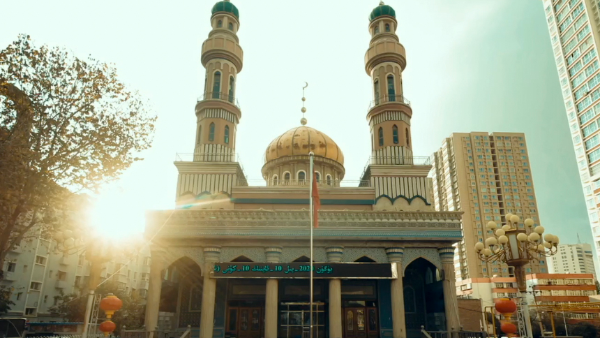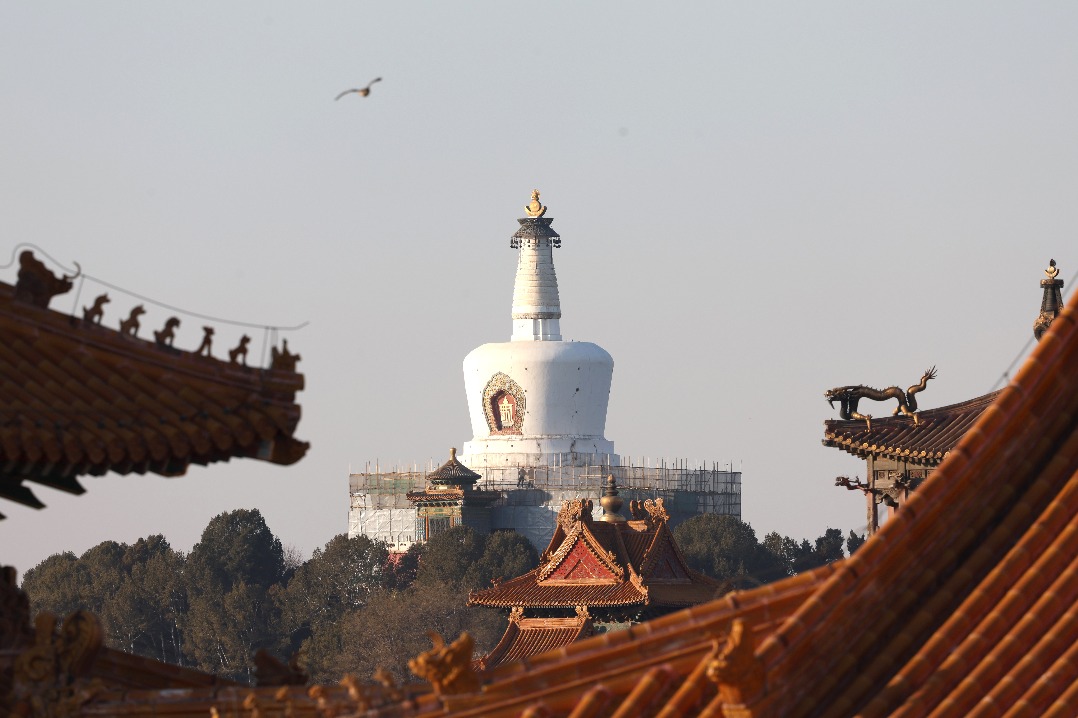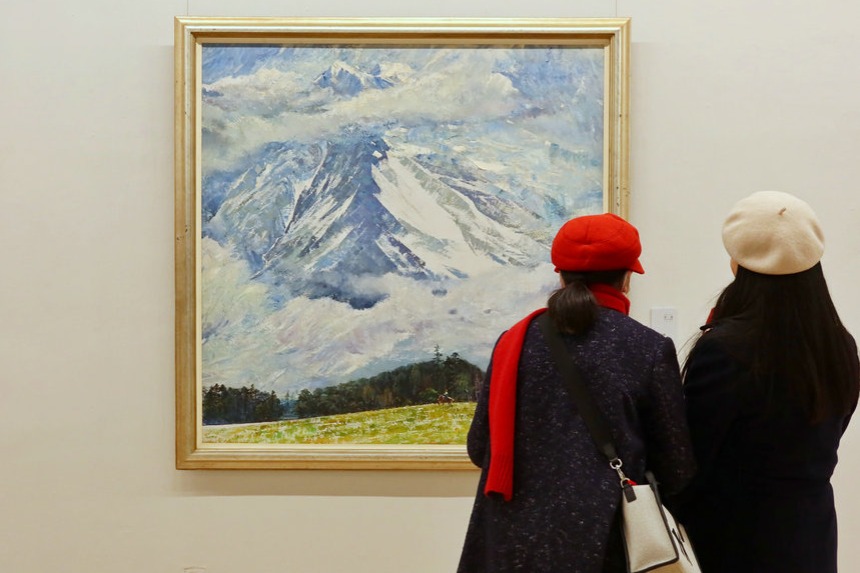Documentary reveals the truth of Xinjiang's religious freedom


"Traveling" with the documentary, viewers get a glimpse of the architectural beauty of Yanghang Mosque, a 124-year-old venue known for its distinctive green-topped minarets and its exquisitely carved pillars.
Now, the mosque, named after the Yanghang Zone where many foreign merchants lived more than one century ago, is taken by many local and international Muslims as a regular venue for praying and worship.
Dating back to the Emperor Taizong's reign during the Tang Dynasty (618-907), Qingquan Temple-also located in Urumqi-is the largest Buddhist temple in Xinjiang, drawing many people to burn incense and worship Buddha.
Then there is Laohongmiao Taoist Temple, perched on the peak of Pingding Mount in Urumqi, that exemplifies Taoism-which originated from China's native culture and has been a part of Xinjiang's social fabric since it was introduced to the region during Southern and Northern Dynasties (420-581).
As one of many historical religious venues that are still being used today, Id Kah Mosque-which was built in 1468 in Kashgar-has been repaired and maintained many times, as well as the construction of supporting infrastructure in the 1980s.
Religious education, research and international exchanges are also seeing a remarkable development in Xinjiang. Over recent years, religious delegations from Xinjiang have paid many visits to many foreign countries, including Egypt, Saudi Arabia and Turkey, as well as attending Islamic cultural exhibitions and performances held in countries, such as Indonesia and Turkey.
Additionally, statistics show that Xinjiang has published and distributed over 1.7 million book pertaining to Islamic classic and missionary literature, signaling that local Muslims have got more diverse access to religious knowledge.





































